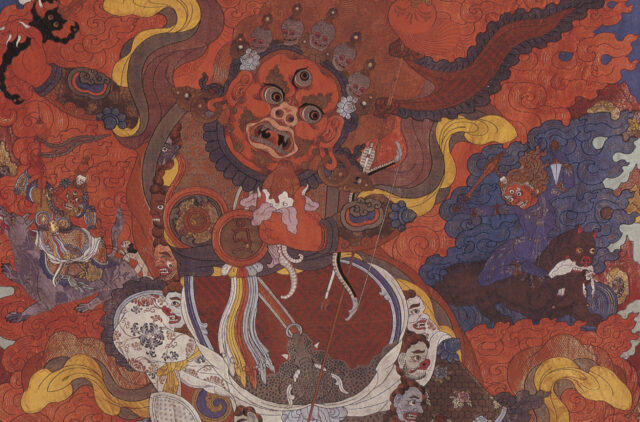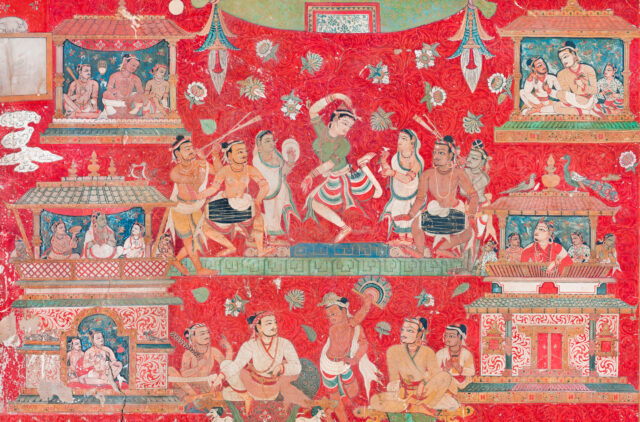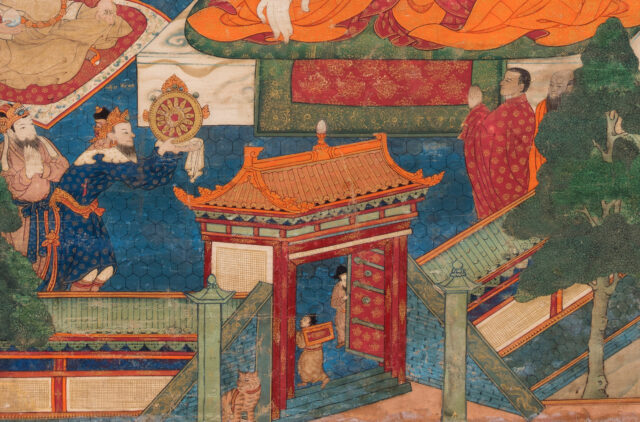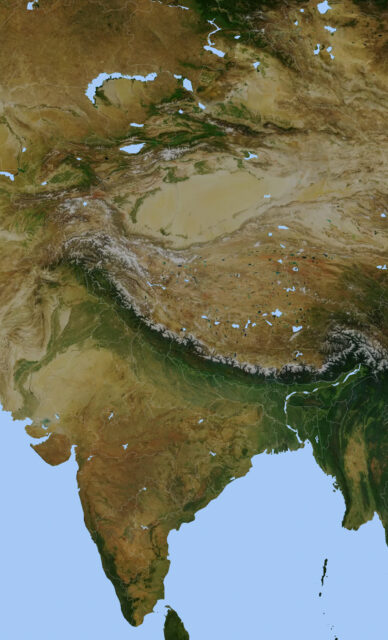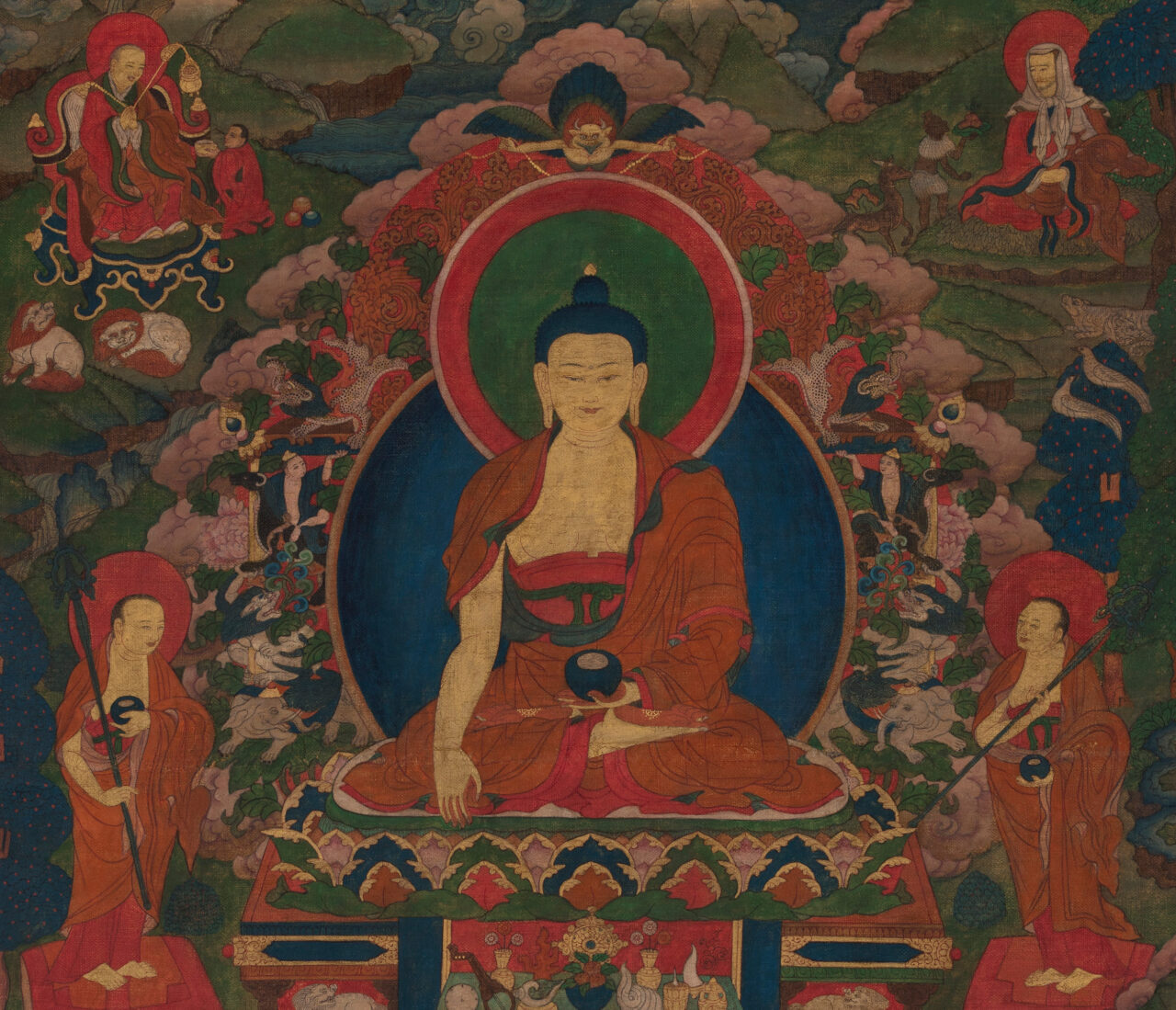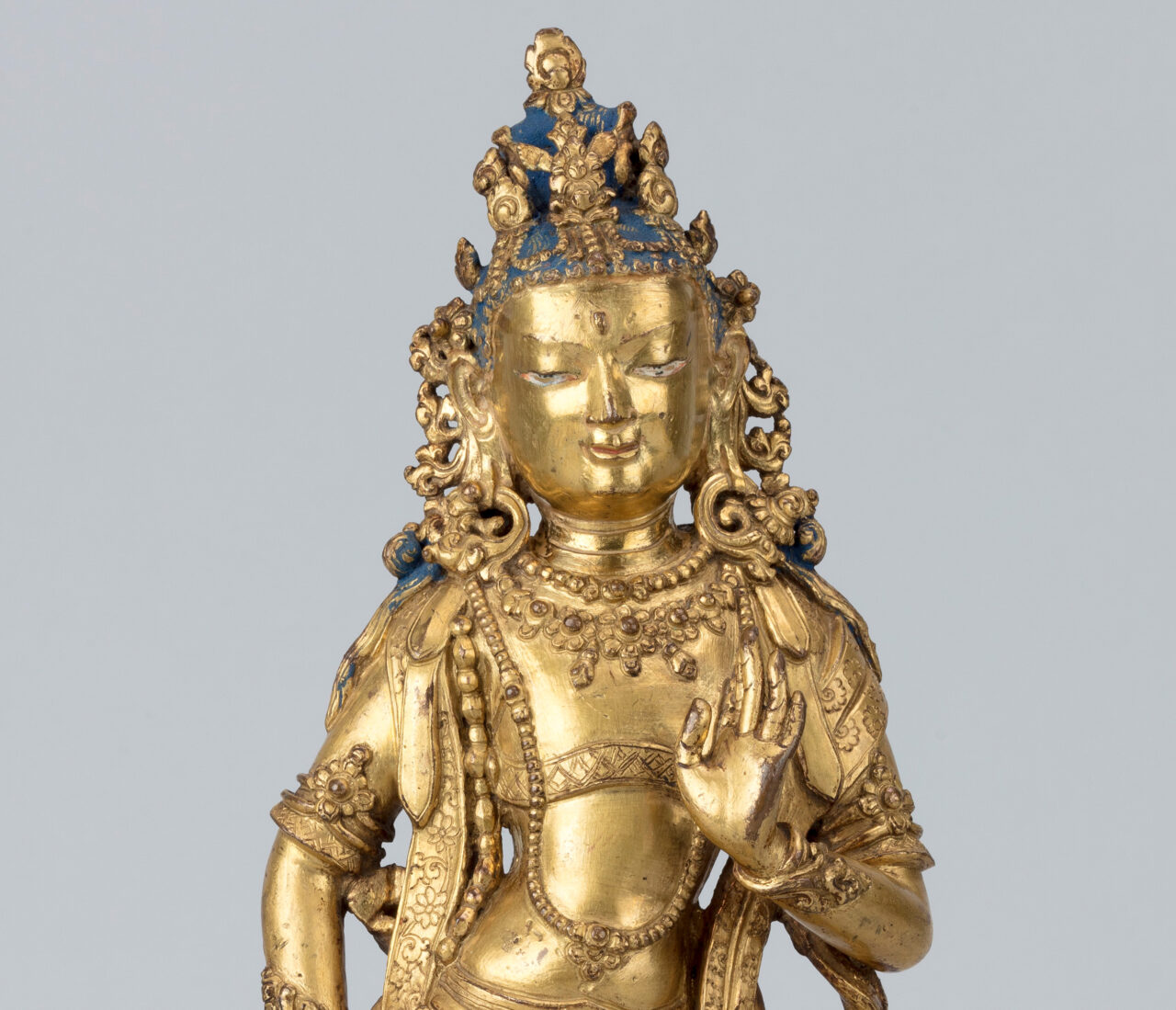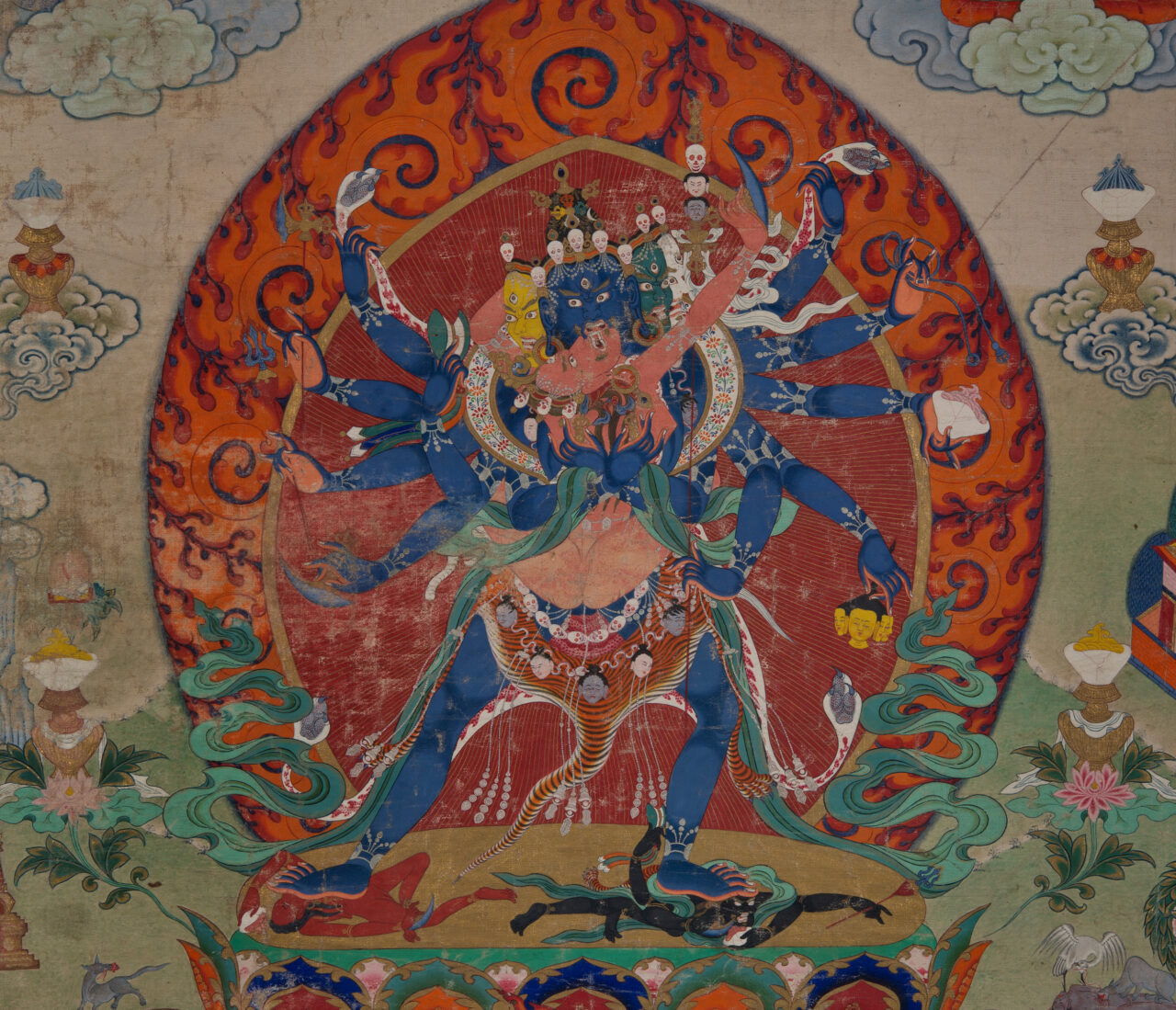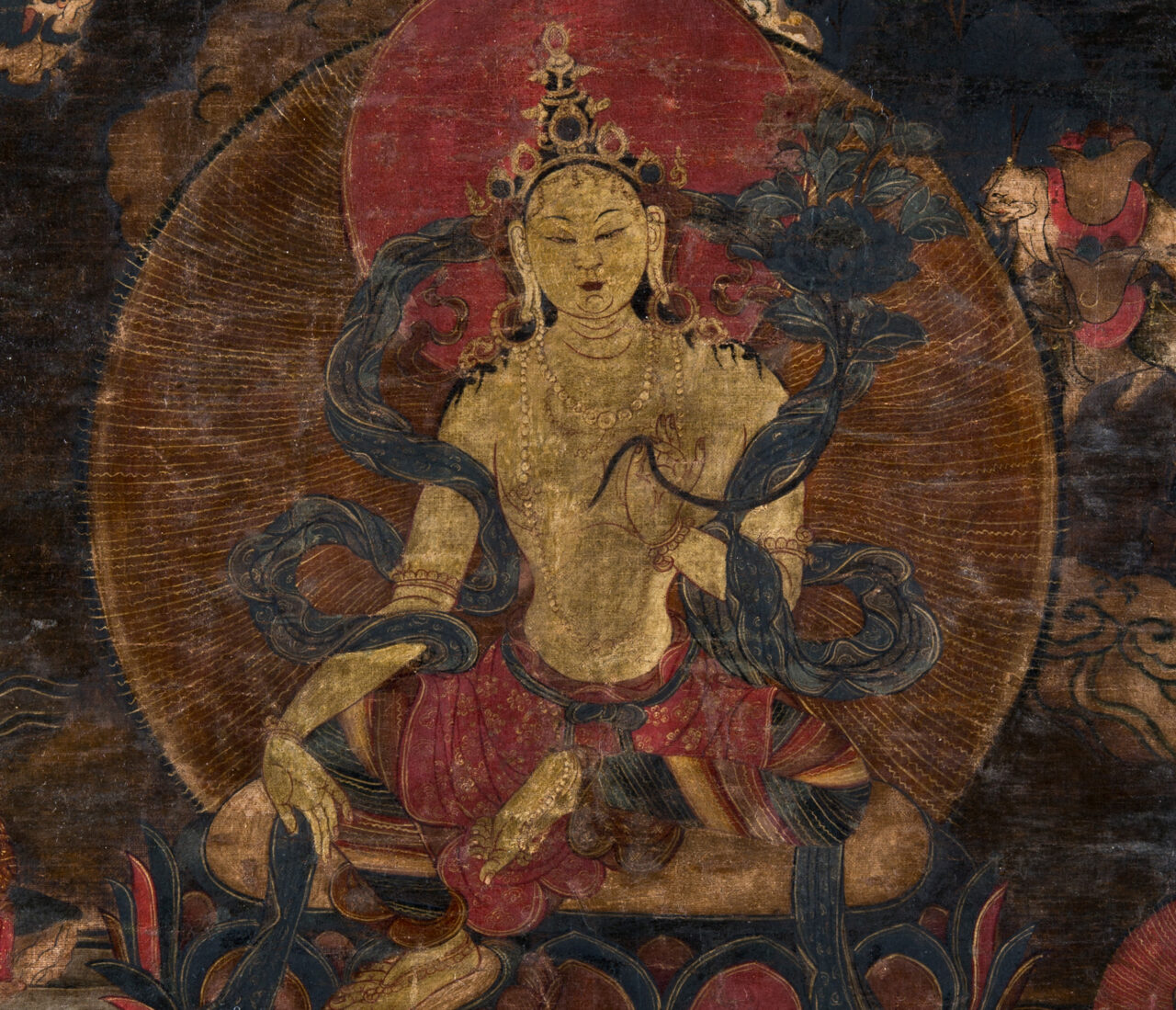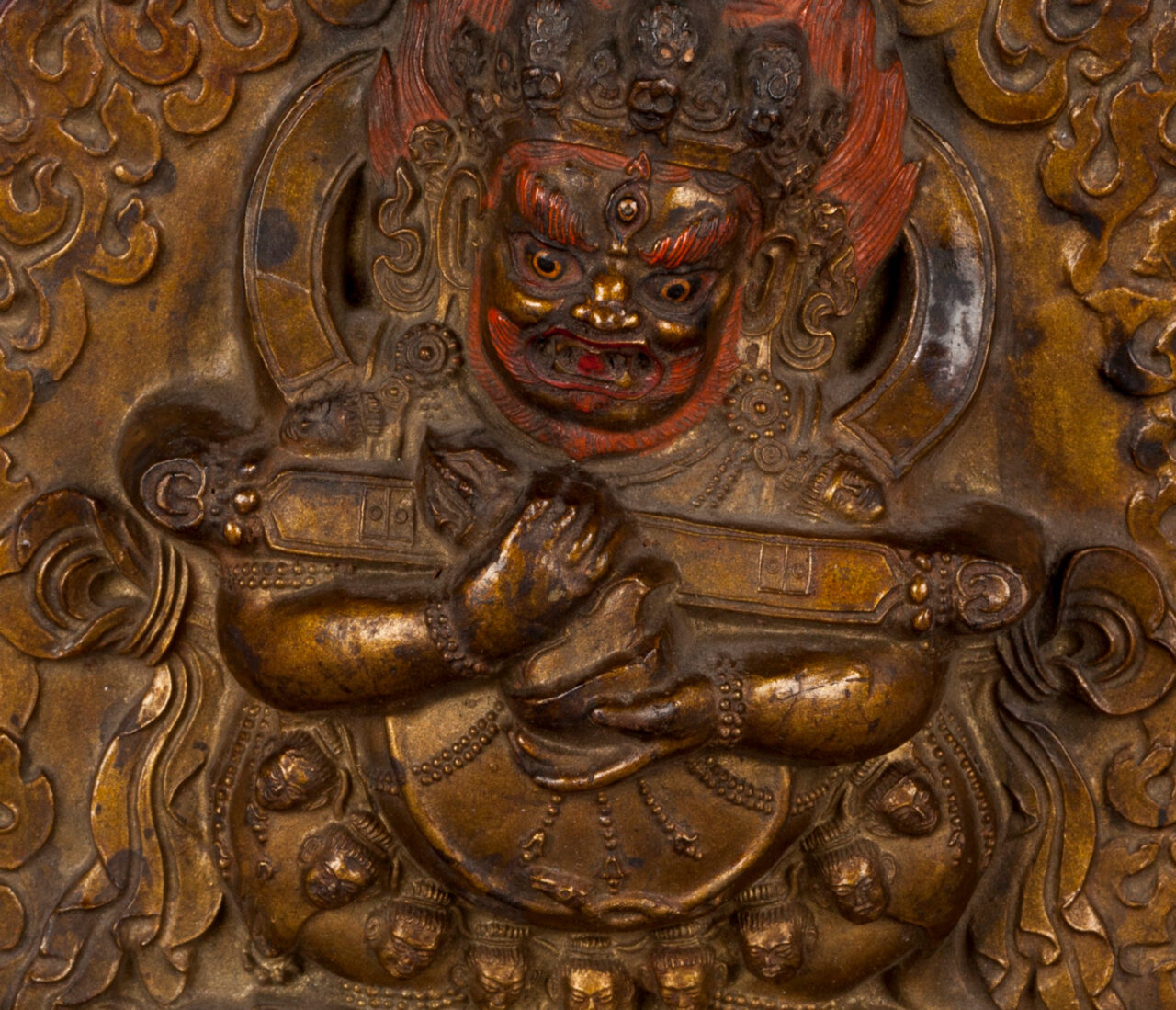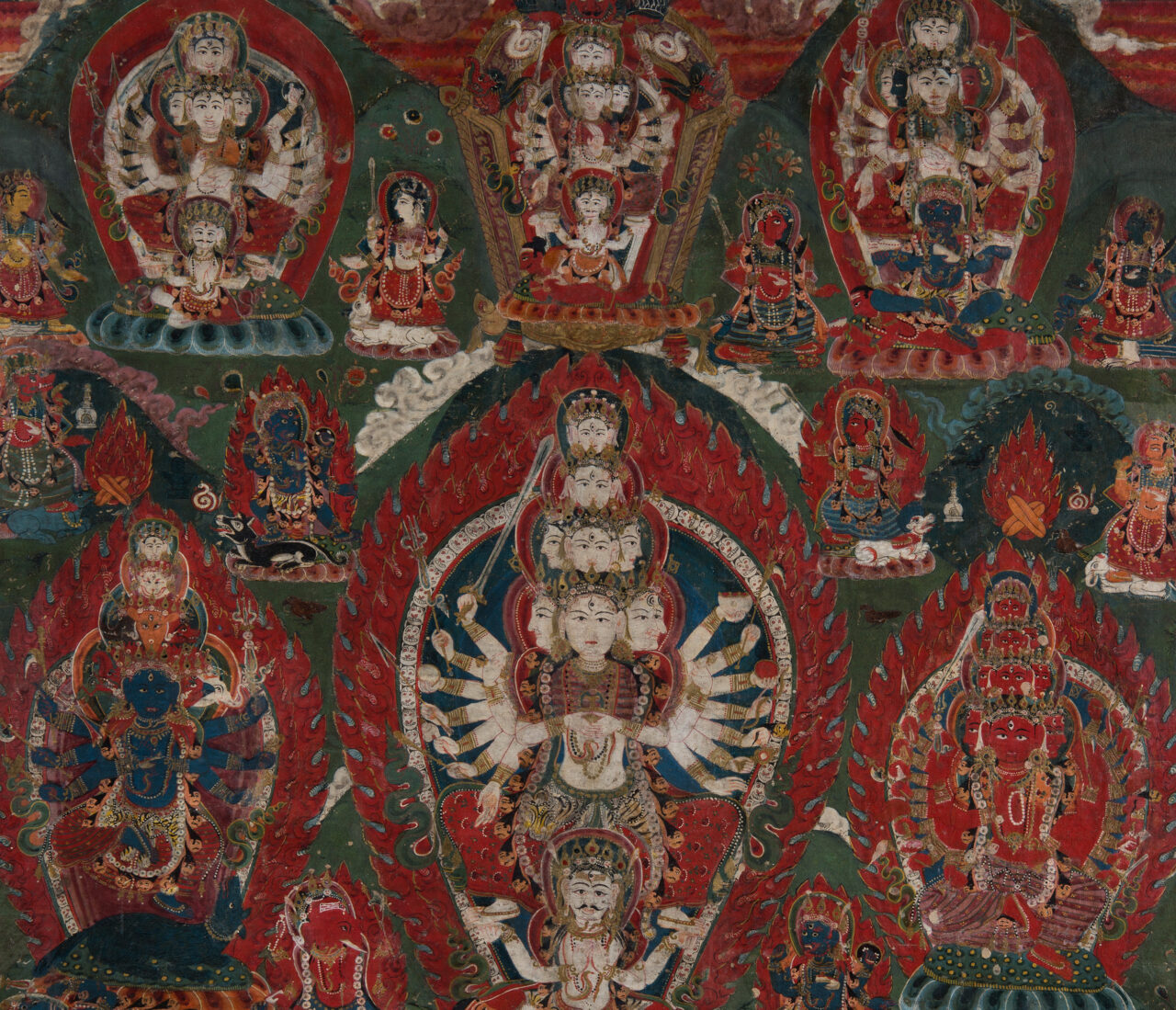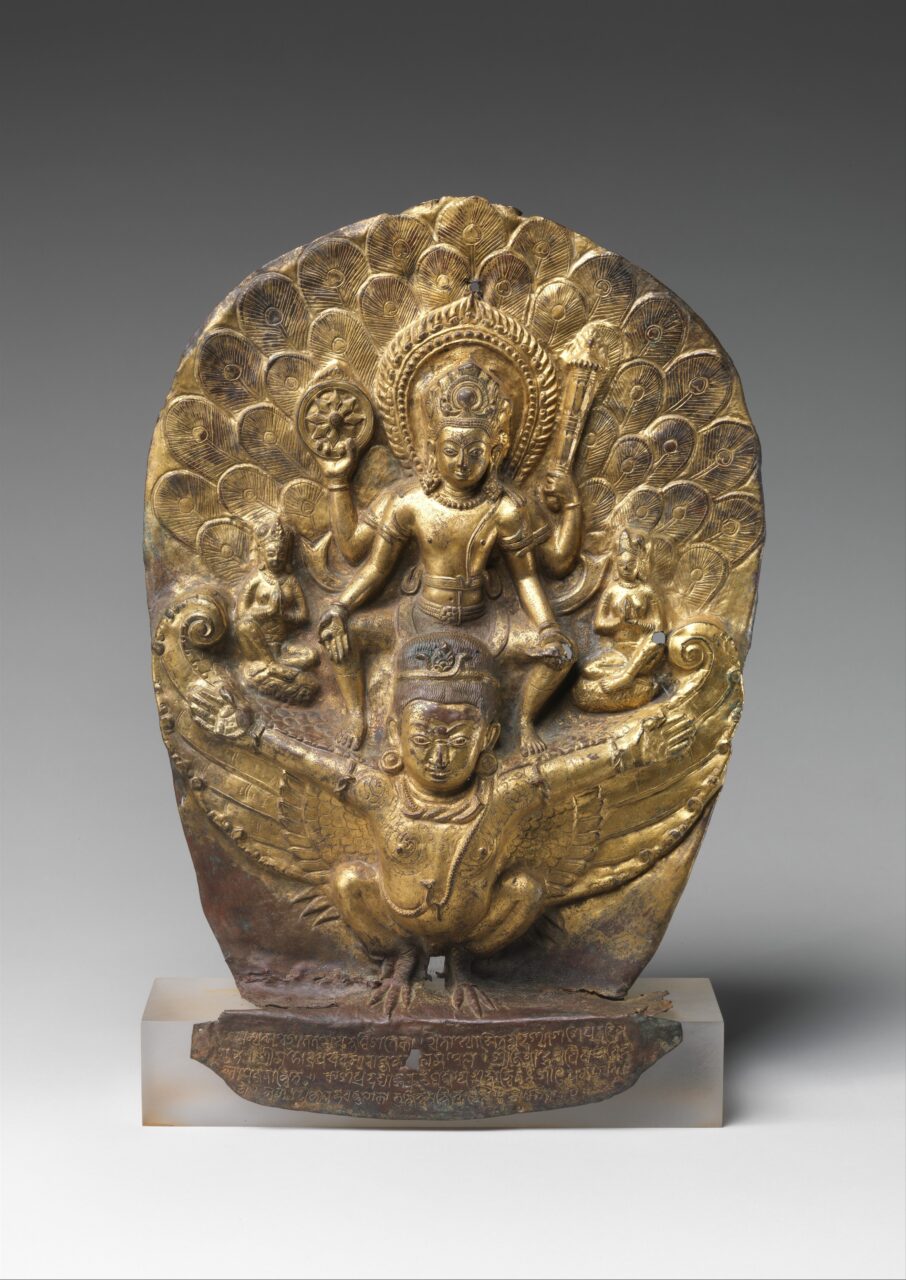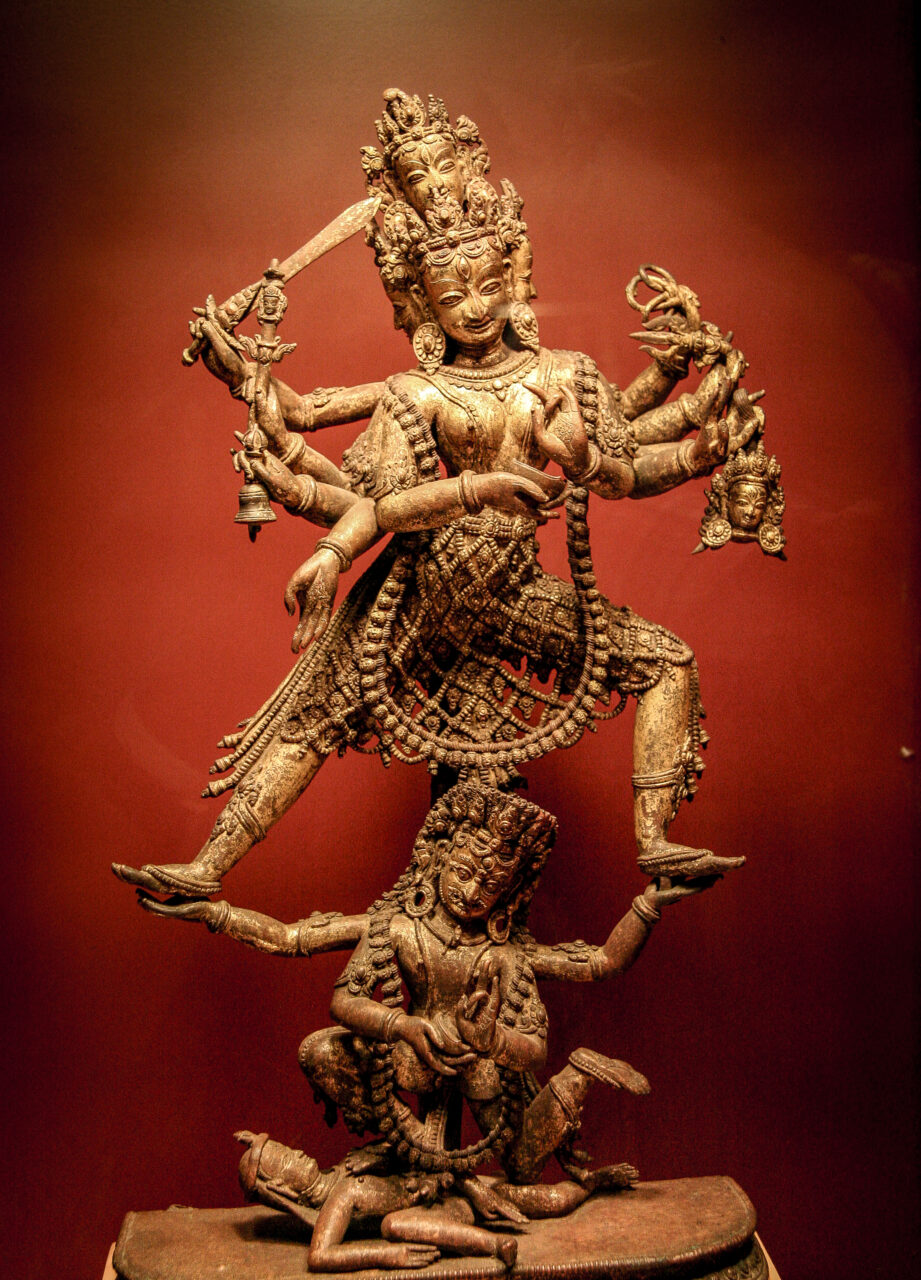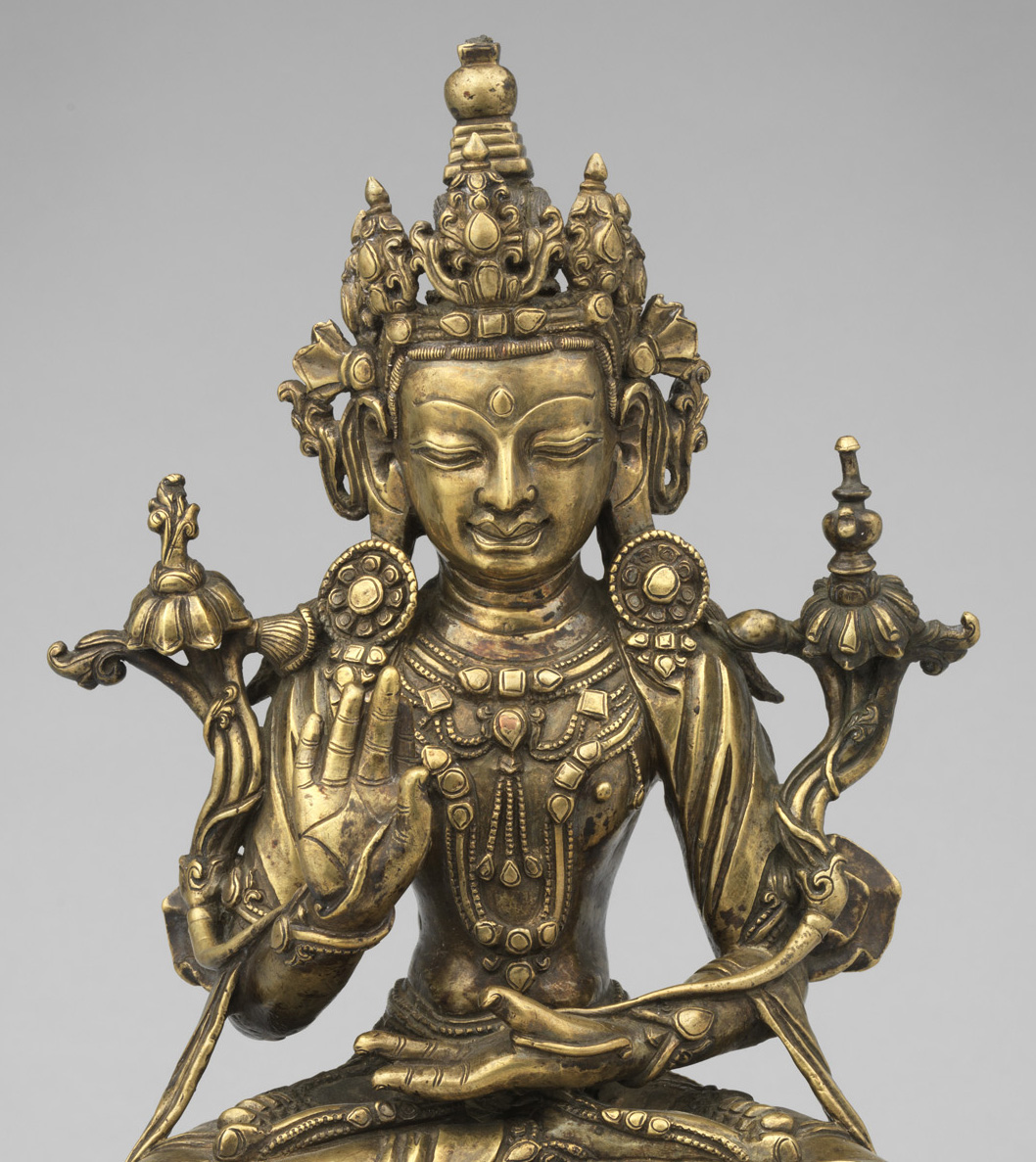
Learn about the art and objects from Himalayan cultural regions and the visual language (iconography) used to convey the meanings of figures and symbols representing religious ideas and concepts.
In this section
in this sectionHindu Gods and Goddesses
Objects in the Exhibition
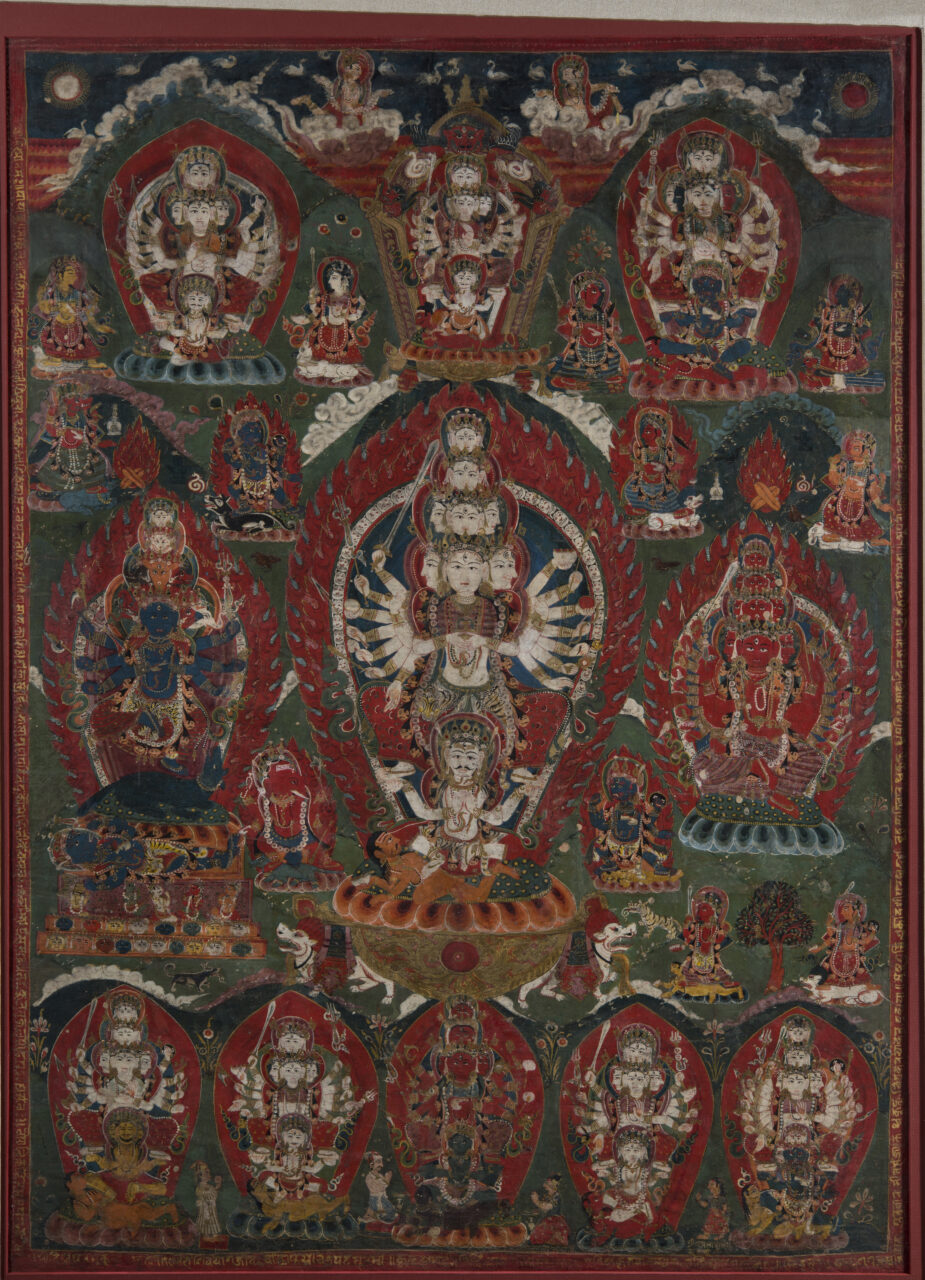
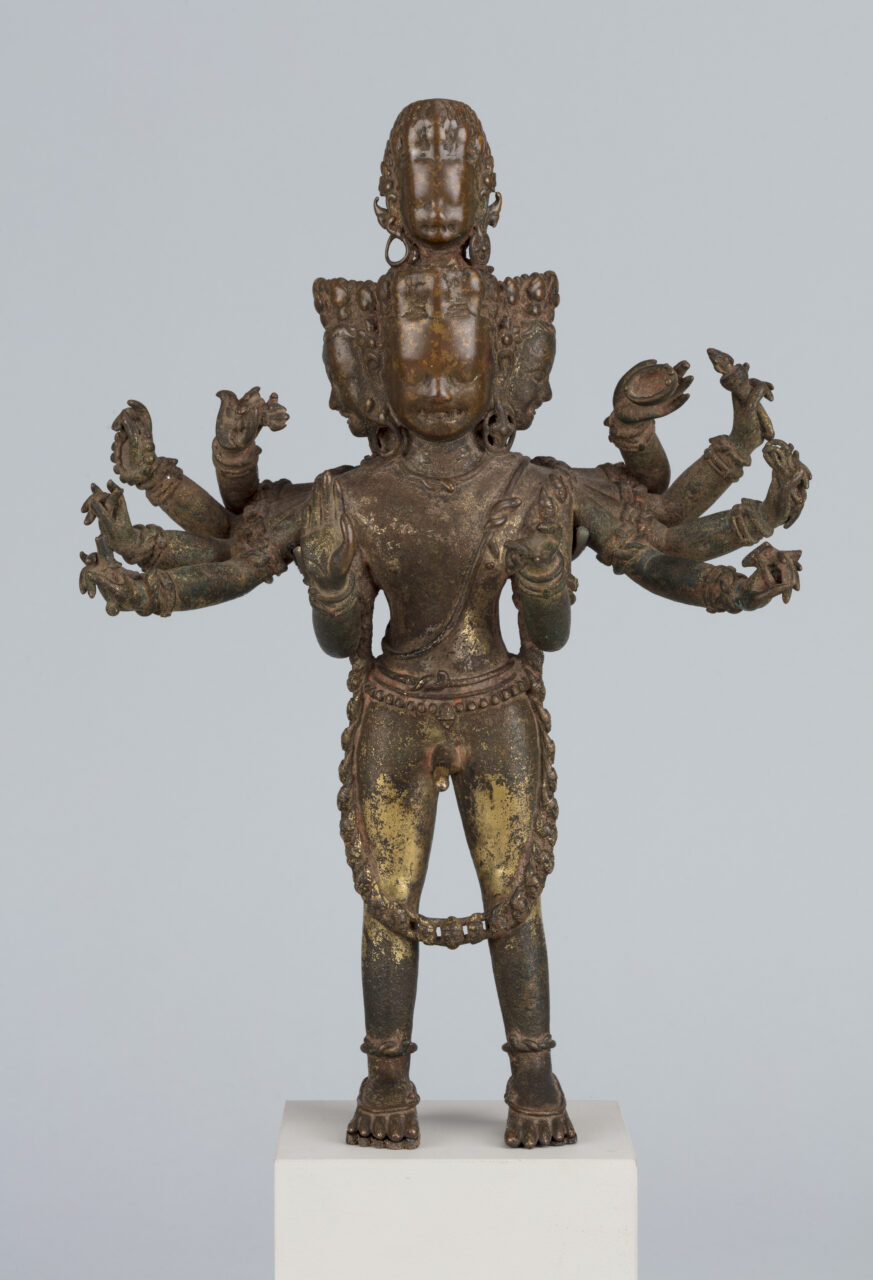
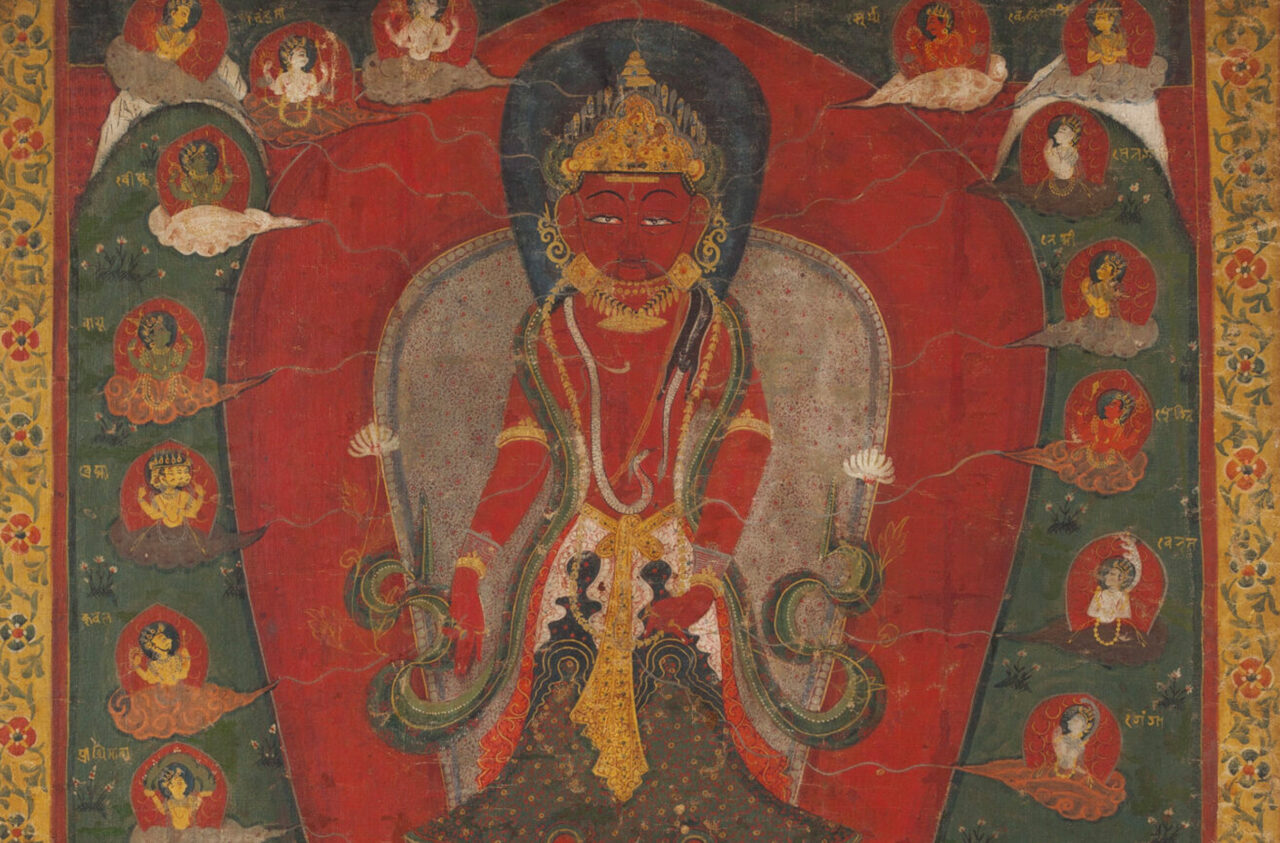
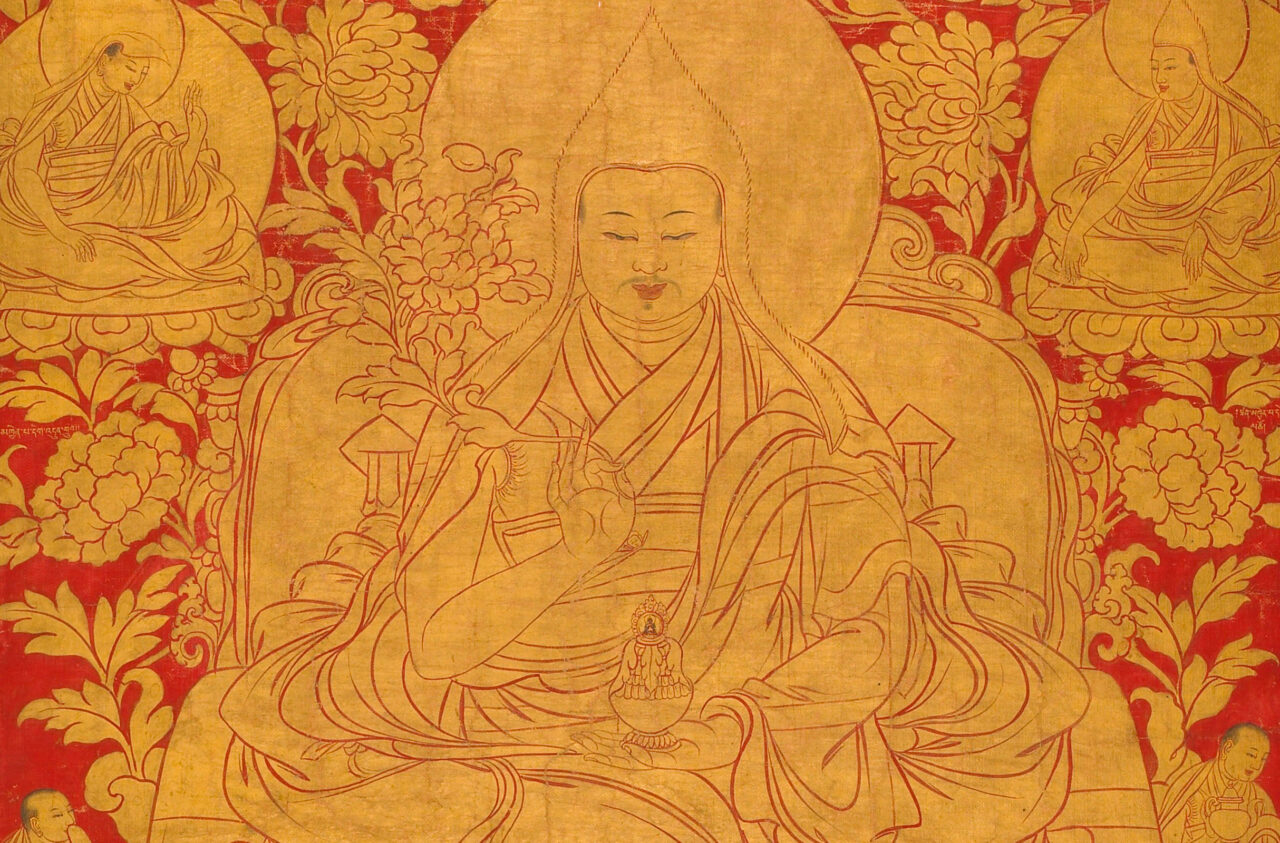
Related:
Lorem ipsum dolor sit amet consectetur adipisicing elit. Cum nihil placeat pariatur deserunt eius ullam incidunt maxime sunt ipsam. Ipsa, provident, laudantium, rem assumenda laboriosam veniam autem voluptas sint officia distinctio enim aut explicabo fuga animi voluptatum earum recusandae excepturi atque dignissimos iste? Exercitationem, praesentium eum. Harum ut maiores expedita exercitationem perspiciatis soluta aperiam dolores natus unde, sequi vitae debitis ex aliquam quas eum reprehenderit esse. Cumque amet et earum necessitatibus, repellendus ullam ducimus corporis architecto culpa placeat eum odit cum iure illo vitae rerum! Ullam et suscipit culpa? Eos voluptatum laudantium iste vero impedit adipisci maxime magni natus voluptatibus.
Sign up for our emails
Get the latest news and stories from the Rubin, plus occasional information on how to support our work.
